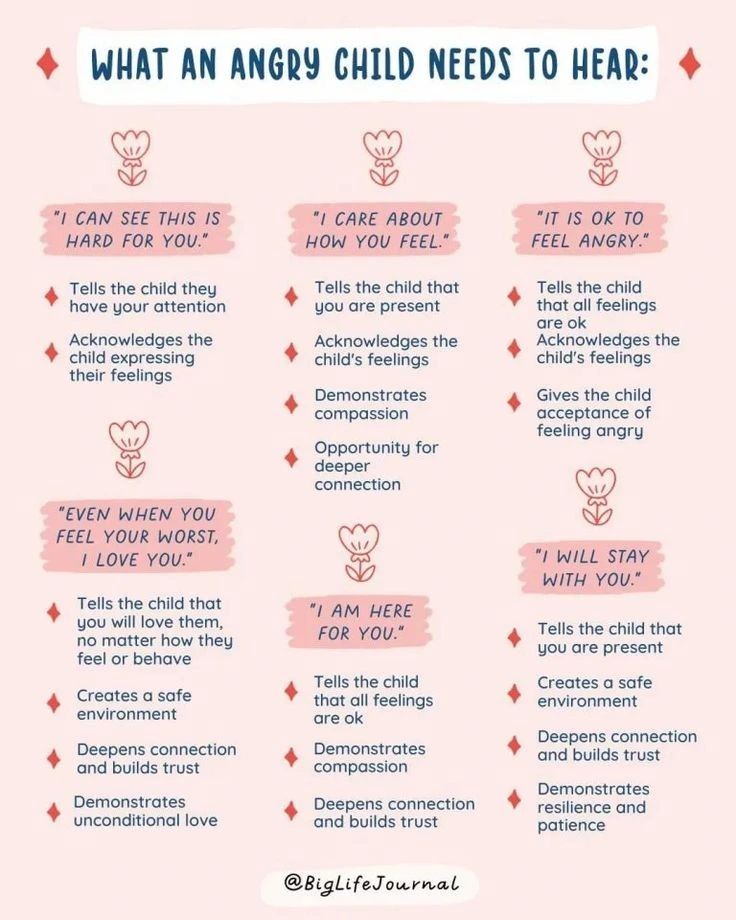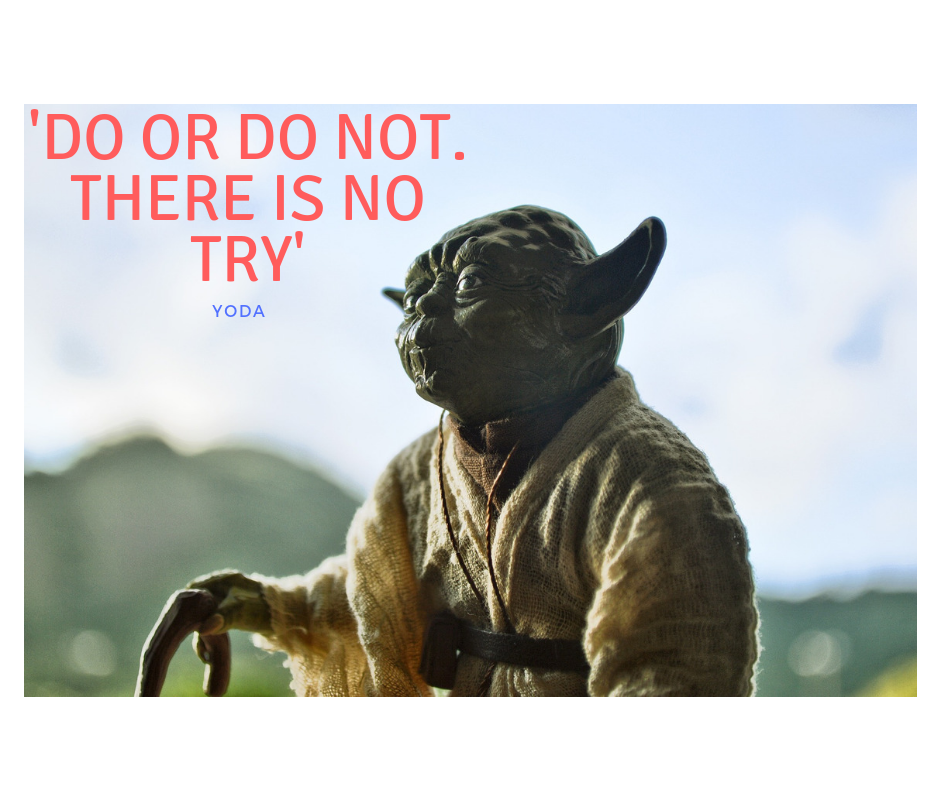Giving your time to the young people in your life is so incredibly important – both for them and for you. I know that you are tired, stressed and already short on time, so I feel somewhat guilty asking you to eat up another section of what little time you have left by investing it in your young people. But it really is an investment and the positive outcomes will far outweigh the negatives.
I regularly see the ramifications of parents (and professionals) not investing their time in our young people through my NLP4Kids work in schools (Reading and Milton Keynes)and in my private 1-2-1 sessions in Aylesbury. There has been a rise in anxiety and behavioural issues which can, somewhat, be solved simply by spending more time with our children and young people.
Now, some of you wonder-parents out there have already got this down but for the rest of us mere mortals the real question is HOW can I invest more time in my children when I have such limited free time left.
And the answer is quite simple. You don’t need to find more time from somewhere, or give up time from something else that you have to do. It’s just about making sure that your young people are involved with you in the time that you have as much as possible.
For example, you come home from work and the very first thing that you need to do is cook dinner for everybody. So here’s what you do: get your young people involved in the task at hand. You’re going to make it ‘family time’. You’re then going to eat together and when you eat together you end up talking to each other. You’re then going to clean up together and everyone will have their own tasks to complete together. When your young people need to do their homework you’re going to sit down with them and check your emails (or whatever other admin jobs you need to do). It does not matter what you do together, it just matters that you are spending time together when you do it.
If you are a professional working with young people, perhaps in a classroom setting, instead of delivering the information that you need to deliver and then worrying about what you need to do next, in that period of time when they are working – be with them. Even if you have your own stuff to be thinking about and working on – planning for your next lesson, marking books, preparing for your next session – do it with them. Sit down on a table with your young people and work alongside them.
We simply need to do more stuff together.
The more that you engage and interact with your young people – even if it’s via spending time together with each of you completing your own separate tasks – the better your connection with these young people will be. And that level of connection will, over time, begin to establish, form and develop. That connection is vitally important as it lets them know that they can come to you when they need to come to you (and they’re going to need to come to you at some point). It lets them know that you care enough about them to be there with them even though you aren’t doing anything special at the moment in time. It tells them that you value their time and sharing it in a physical space with them.
So, in a nutshell: you might not be able to put aside specific time focused just on your young people, but make the time that you do have with them important. Be there with them; be there together.
Make it count.
The original version of this article was written by Gemma Bailey, director ofwww.NLP4Kids.org.
It was republished and rebuilt with additional content by NLP4KIDS PRACTITIONER IAN DAVIES www.aylesburytherapyforkids.co.uk




